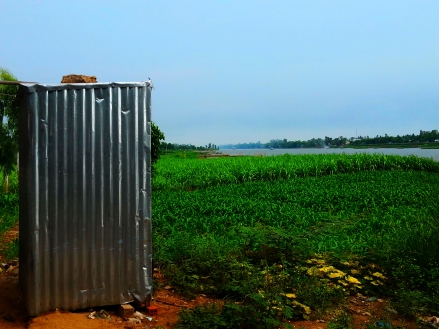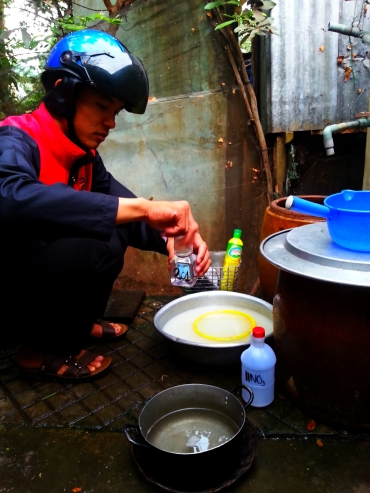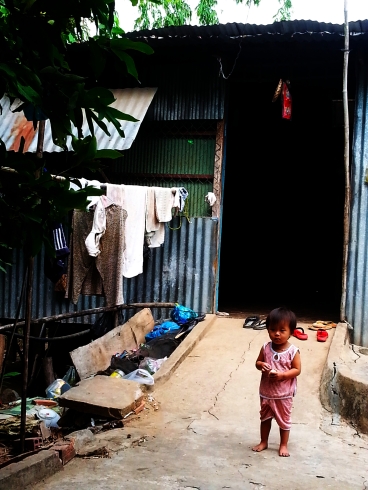
The phrase “improved sources” is the official wording used to describe the global water resource projects. The definition most widely used by aid organizations (governmental or non-governmental) when providing access to water in developing and emerging countries. Over the past few decades, we have made tremendous progress in this arena. The UN Millenium Development Goals relating to water and sanitation access are one of the few goals that have actually been accomplished prior to the 2015 deadline. Sometimes we talk about the statistics of how many of these water projects fail to be sustained for long term use but there is very little discussion about how these simple definitions just aren’t enough. The longer I study this field, the more unsatisfied I am with the foundation of work based on these definitions. Even when I see projects or water resources that are “improved” according to the definition, the health status of community members and the water quality tests indicate quite another story. Failed projects, like when components break down or the community no longer use the water source, are absolutely heart breaking. But what I’m talking about here is different then that. It’s extremely upsetting and frustrating to see projects that are “working”, but are not actually providing clean water as they intended. The most recent village I worked in had the “best” water access out of all of the places I’m seen recently yet it had the highest rates of e.coli prevalence. How is that possible? All of these households would technically fit under the count of people who have access to “improved water” yet they are drinking bacteria on a daily basis. What is the solution then? Should health education be a part of the definition? Or conditions about continuing support? Is it better to have a broad, inadequate definition compared to no definition at all? Should we just leave everything to state-sovereignty and not have United Nations articulate development goals? Or should we hold non-governmental orgs, government agencies, and international aid organizations to a higher standard? I have no idea what the right answer is, but we need to acknowledge that the status quo is not enough.



Nice comment….